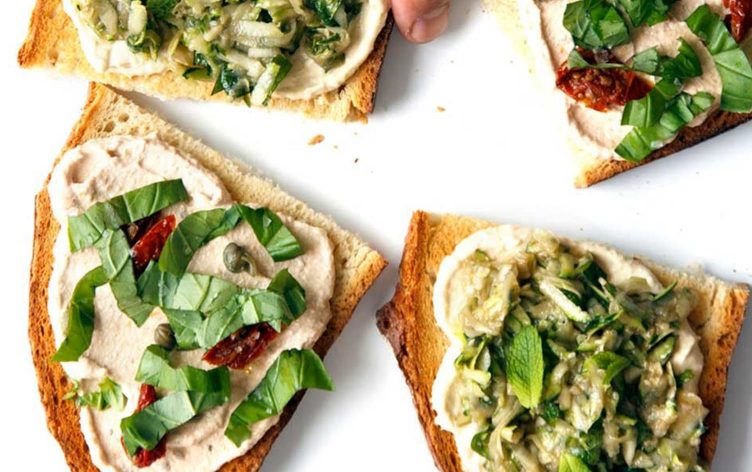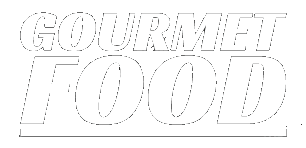

Congrats! You’ve gone to the gym, put in some time on the treadmill and now have a few hundred extra calories in the bank. But what do you do with those extra exercise calories? Should you run to the kitchen and gobble them up, save them for a special weekend treat or ignore them altogether?
When faced with this decision, it’s important to consider several factors, most notably your weight goal (whether you’re wanting to lose, gain or maintain), the frequency, intensity and duration of your exercise, and your overall level of hunger.
For the average exerciser trying to lose or maintain weight (i.e. someone who burns an additional 200-500 calories a few times per week), exercise calories don’t make up a significant portion of overall calorie burn, generally in the 1500-2200 per day range. Unless you’re exercising at a moderate to high intensity for an hour or more, several times a week, or are actively trying to gain weight, you most likely don’t need to be worried about eating all of those calories back.
The main reason is this: It’s easy, and fairly common to overestimate calorie burn (both from everyday activity and from exercise) and underestimate calorie consumption. By going out of your way to eat back every calorie you expend during exercise, you may unintentionally undermine your efforts to lose or maintain your weight. Additionally, you could be overriding your body’s hunger cues if you don’t feel particularly keen for those exercise calories but eat (or drink) them back them anyway. If your body isn’t telling you it needs fuel, it’s best to save your exercise calories for when you want them–say, for an unexpected hunger pang or a weekend treat meal with friends.
Now if you’re trying to lose weight, chances are you’ll be on the hungry side even without exercising since MyFitnessPal’s weight loss calorie goals are calculated independent of exercise. The upside to this is that those exercise calories become a “bonus”–so if your workout leaves you feeling a bit hungry afterwards, by all means you should enjoy the bump in calories and eat something. (Just read the 5 tips below beforehand to make the most of them!)

The vast majority of us who are trying to shed a few pounds or maintain our weight need not be concerned about eating back all of our exercise calories, but those trying to gain weight, and/or who are training heavily several times per week should be mindful about getting in enough calories–both to fuel physical activity and promote muscle growth, repair and recovery. For those of you who fall into this category, here are some great pre- and post-workout meals and snacks.
Whether you’re exercising to lose, gain or maintain your weight, improve your fitness level, or just reduce stress, one thing to remember when eating back exercise calories is that the quality of those calories is just as important as the quantity.
To help you get the most out of those hard earned calories, here are 5 tips to healthfully handle those post-workout hunger pangs:
1. START WITH A HYDRATION CHECK
Thirst can be misinterpreted for hunger so, if you’re on the fence about whether you need to refuel or not, make sure you’re not just dehydrated. Here are some hacks from other MyFitnessPal users for staying well hydrated.
2. HONE IN ON YOUR HUNGER CUES
Rather than running for the kitchen cabinet the moment you get home from your workout, trust your tummy to tell you if you need a post-workout snack.
3. DON’T GET STUCK ON THE NUMBER
Remember, the calories you eat and exercise off are estimations, and we’re more likely to overestimate calories burned from exercise. If hunger hits between meals, start slow–particularly if you’re trying to lose or maintain your weight. Begin by eat back a percentage of your exercise calories (say, 50%) rather than all of them, and see how you feel in 20-30 minutes.
4. FOCUS ON HIGH-QUALITY PROTEIN AND WHOLESOME CARBOHYDRATES
Doing so will optimize muscle repair and recovery.
5. SPREAD ‘EM OUT
Our bodies aren’t able to store protein like carbohydrates and fat so, if you have a significant number of calories to eat back (lucky you!), be sure to include protein with each meal and snack over the course of the day for optimal muscle building and repair.
Large calorie deficits over time, whether through calorie restriction, exercise or a combination of the two, can lead to nutrient deficiencies and other health problems, so it’s always a good idea to consult with a doctor or dietitian if you are unsure about how many calories (exercise or otherwise) you should be consuming.



